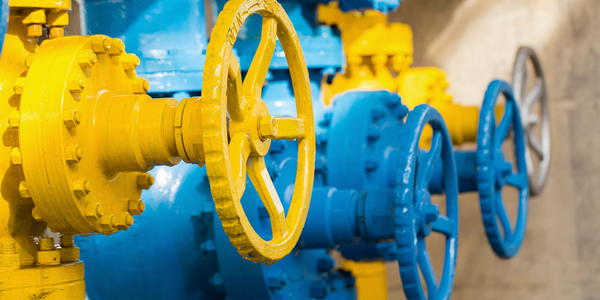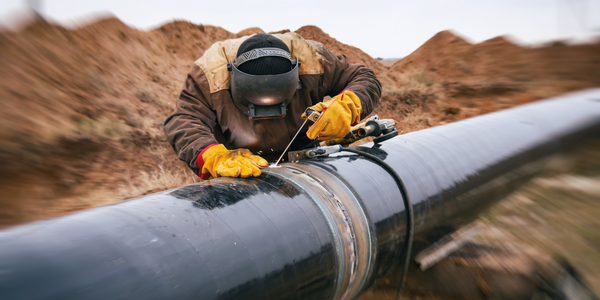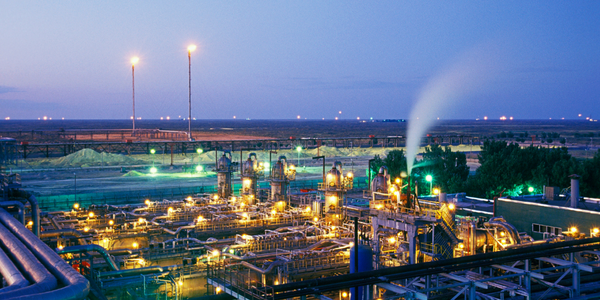Tendeka Uses Real-Time Telemetry Data to Improve Clients’ Operating Efficiency

- Infrastructure as a Service (IaaS) - Cloud Databases
- Platform as a Service (PaaS) - Data Management Platforms
- Oil & Gas
- Business Operation
- Cloud Planning, Design & Implementation Services
- Software Design & Engineering Services
Oil and gas producers face serious consequences if a downhole safety valve fails. In many cases, both company policy and government regulations require the well to be shut in for safety and environmental reasons. Some intervention-based tools allow the well to return to production, but unfortunately these tool designs, often decades old, are fraught with technical challenges, which can diminish the total production potential of the compromised well and the range of the well’s functionality.
Tendeka, a provider of completions technology to the oil industry, developed an innovative smart valve that relays information bi-directionally from the downhole to the surface and can also be controlled wirelessly from the surface. The valve transmits regular wireless signals to the surface, which convey important information about downhole conditions and well operations. The valve allows wells to be returned to production during testing, while also providing the required downhole closure capability, should it become necessary to shut in the well. With this deployment of Electronic Ambient Valve (EAV) and Edge Data Storage (EDS) technology, Tendeka wanted to prove that continuous monitoring of the valve function could be conducted by both the operator and Tendeka personnel in headquarters.
Tendeka
Tendeka, a provider of completions technology to the oil industry, developed an innovative smart valve that relays information bi-directionally from the downhole to the surface and can also be controlled wirelessly from the surface.
The new monitoring solution relied on data management software from OSIsoft, now part of AVEVA. In harsh or remote environments – like a wellbore deep underground in the Alaskan wilderness – it can be difficult to gather and analyze data in real-time. There is no room on the rig to deploy complex data storage and processing systems. Valuable data can easily get “stranded” in the field because of connectivity issues and the difficulty of collecting data far from the central network.
On-site in Prudhoe Bay, Tendeka installed a new PulseEight EAV system to replace the failed valve and configured it to send telemetry data to EDS at the surface. Local operators then had continuous visibility into downhole conditions and the ability to perform pressure testing without taking the well offline. A month later, the system was fully operational and state regulators approved the well to be put back into full production.
Related Case Studies.











